Ørsted drops prize-winning accounting method
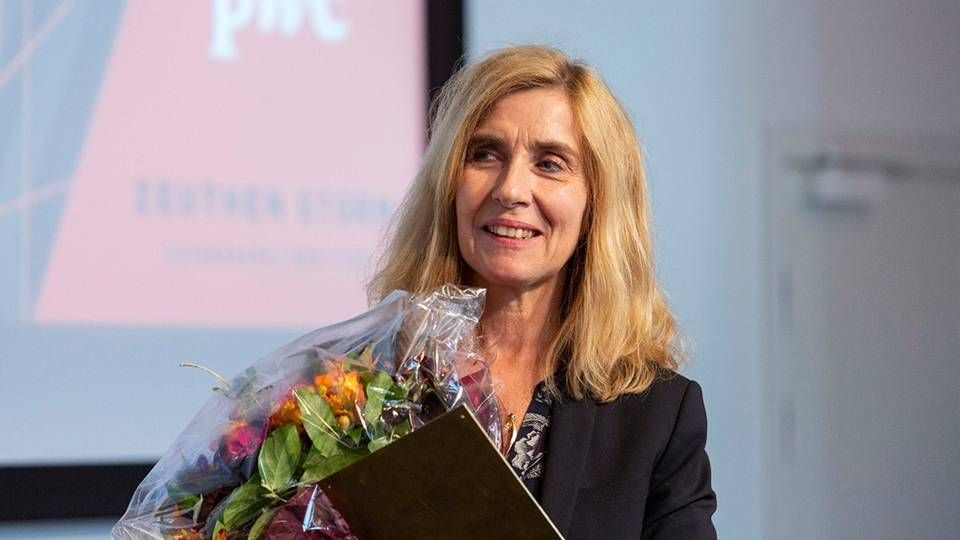
Looking forward, Ørsted will no longer issue financial reporting with twin bottom lines – not in the dubious sense, but rather meaning the company will stop using its own Business Performance method as a supplement to International Financial Reporting Standards (IFRS). It's worth noting that the now-scrapped accounting model was approved by the Danish Business Authority.
"From 2021, we will cease using our supplementary business performance principles and only report our financials based on IFRS. This will simplify our reporting and comply with future reporting requirements," the utility writes in a stock exchange notice Tuesday evening.
Over the years, Ørsted has otherwise been rather proud of its bookkeeping practice, introduced in 2011, as well as with the general composition of its financial reporting that has won many accolades from the auditing sector, having been acclaimed with red carpets and generous mentions in the business press. With that said, the Business Performance principle hasn't always been the most lauded of accountancy items.
"It's noteworthy that Ørsted divulges results on both Business Performance and IFRS metrics. The committee of judges would prefer to see a higher degree of commentary on IFRS figures in executive statements," wrote judges when Ørsted won PwC's accounting prize issued for companies listed on the OMX Copenhagen 25 index.
The group's motivation for using the Business Performance model has been its high degree of usefulness compared to IFRS concerning Ørsted's cash flow hedging. This meant that relevant posts were to be calculated and presented as investments rather than as price hedges.
Technically speaking, this has also occasionally produced another difference. In six of the first eight financial statements issued since introducing the model in 2011, the group presented an on-paper better result than would have been the case using IFRS. Here, the Business Performance metric produced at one point a bottom line almost DKK 7 billion larger than the result based on the the international system.
Last year, that relationship became reversed. Here, the utility's method shaved DKK 1.25 billion off profit against the IFRS figure. Tuesday's stock exchange notice doesn't provide related information for 2020, but rather only reveals that the operating result based on Business Performance is expected to be DKK 18 billion. This year, however, it will make a difference.
"For 2021, EBITDA according to IFRS is expected to be approx. DKK 1 billion higher than what we would have expected if we had continued to report based on the business performance principle. The majority of this is related to Offshore site earnings," Ørsted writes.
English Edit: Daniel Frank Christensen
Analysts predict share price slide off Ørsted's guidance update
Related articles
Ørsted upgrades 2020 earnings guidance
For subscribers

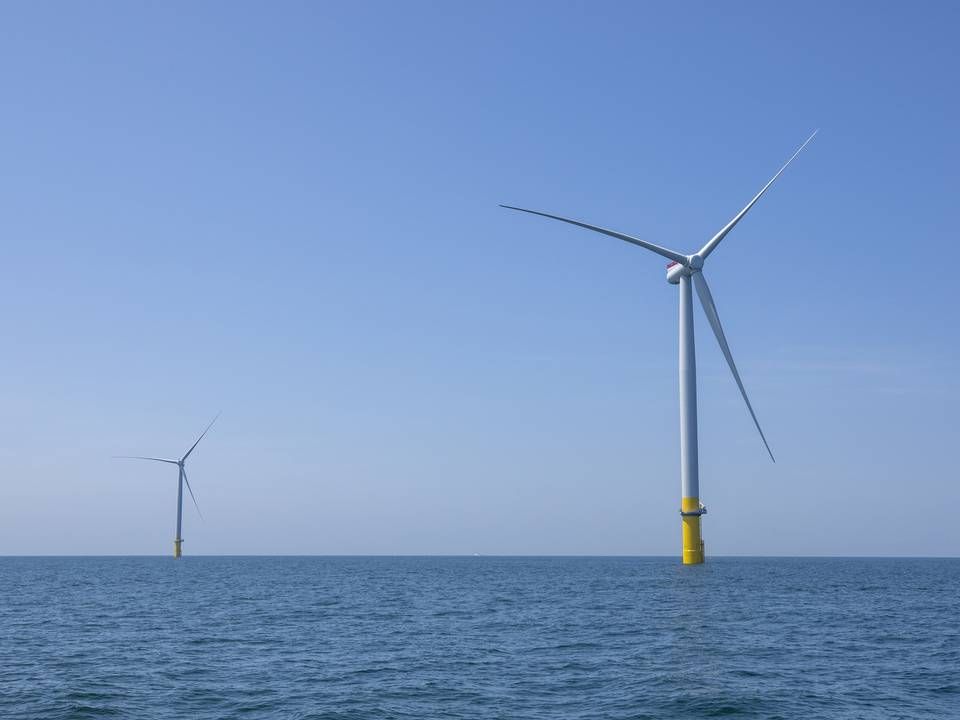
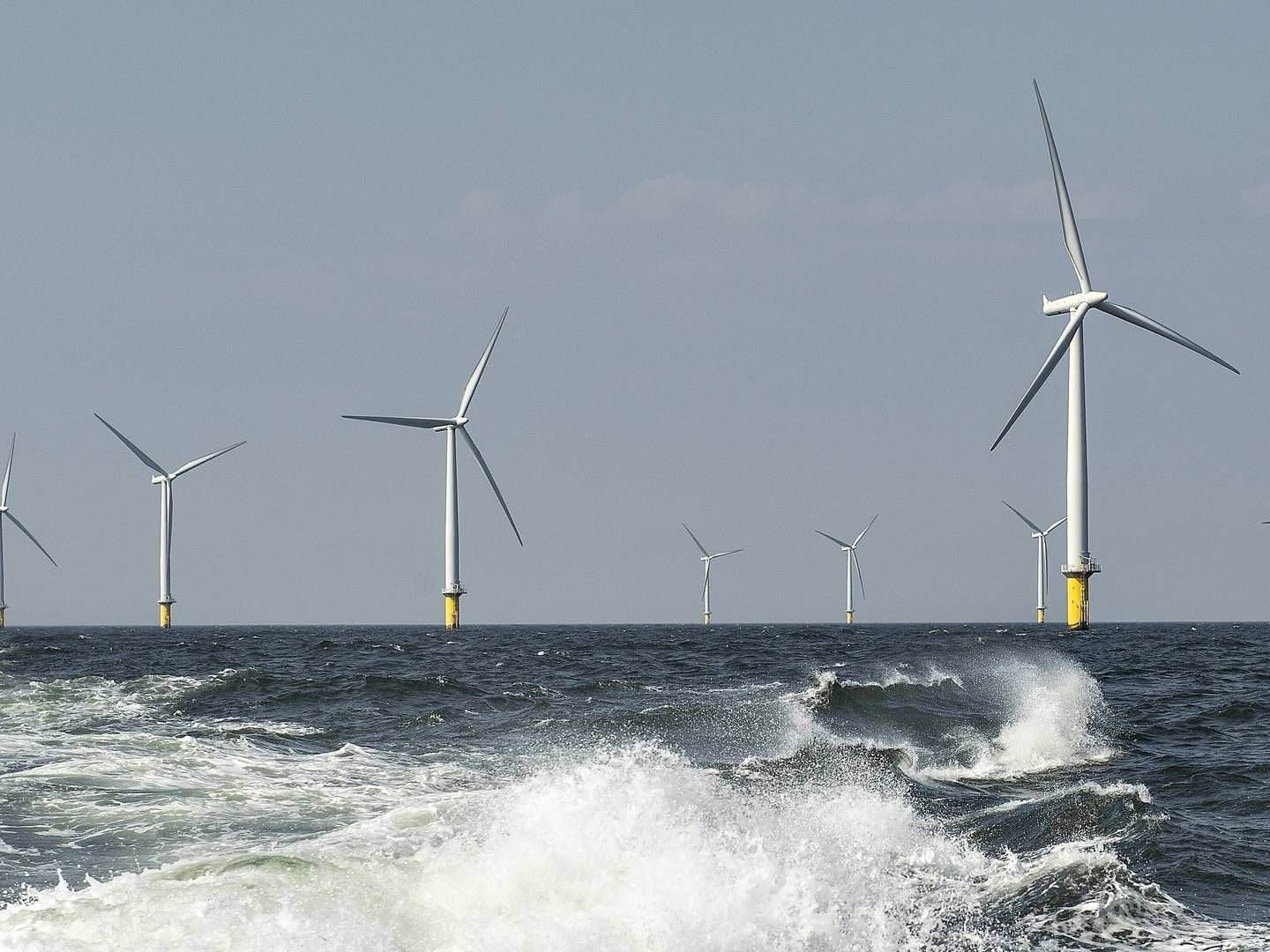






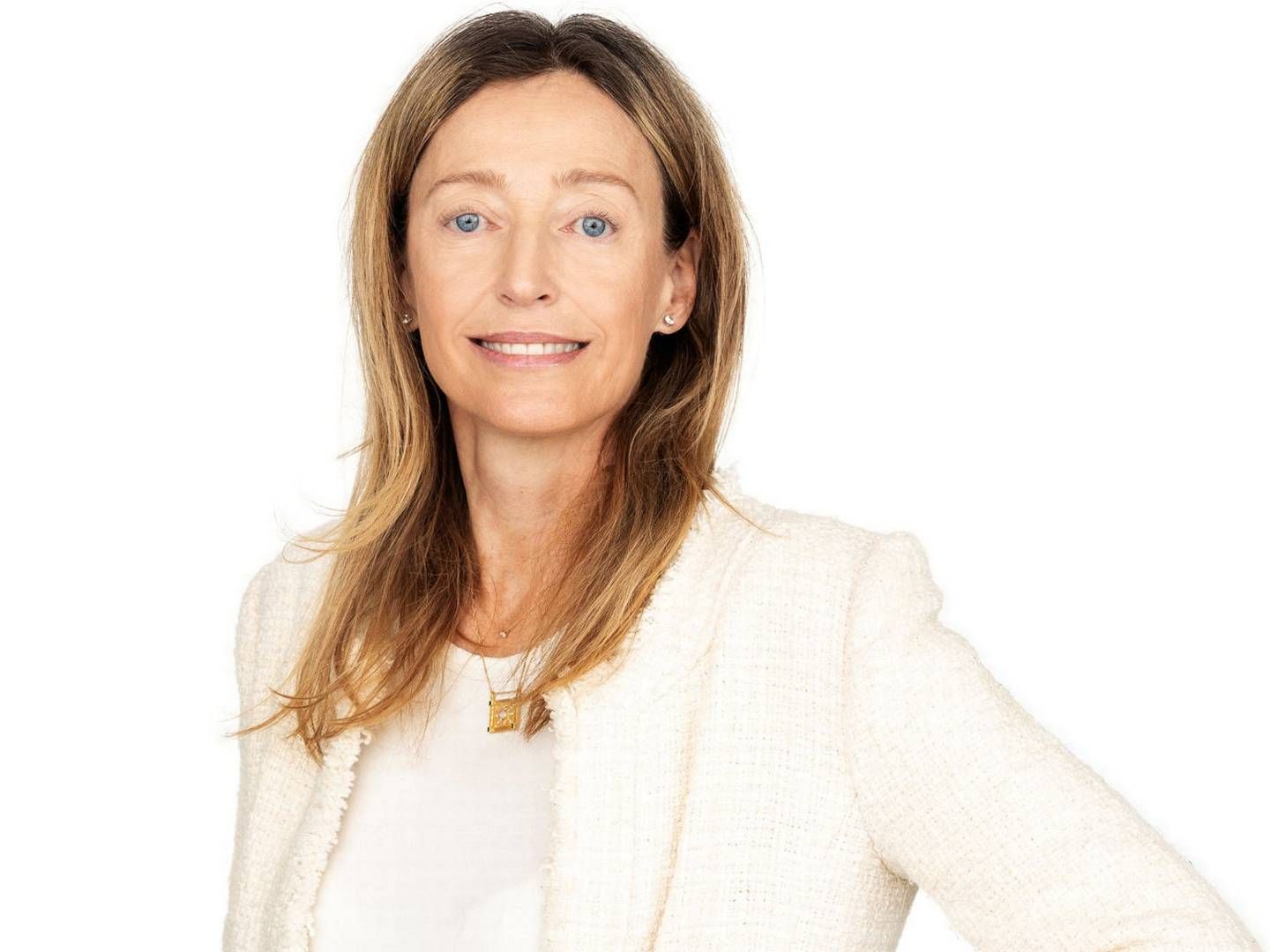

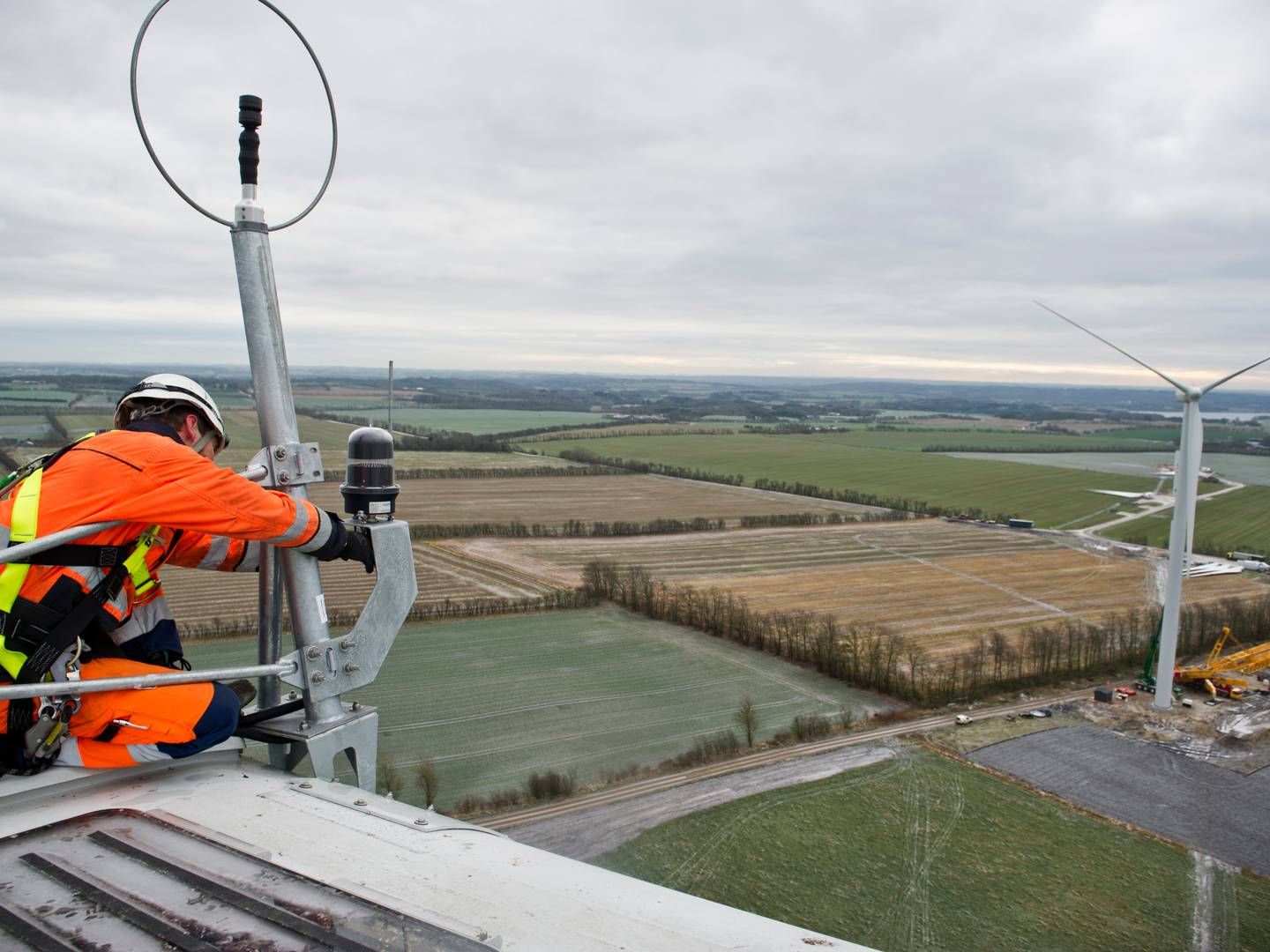



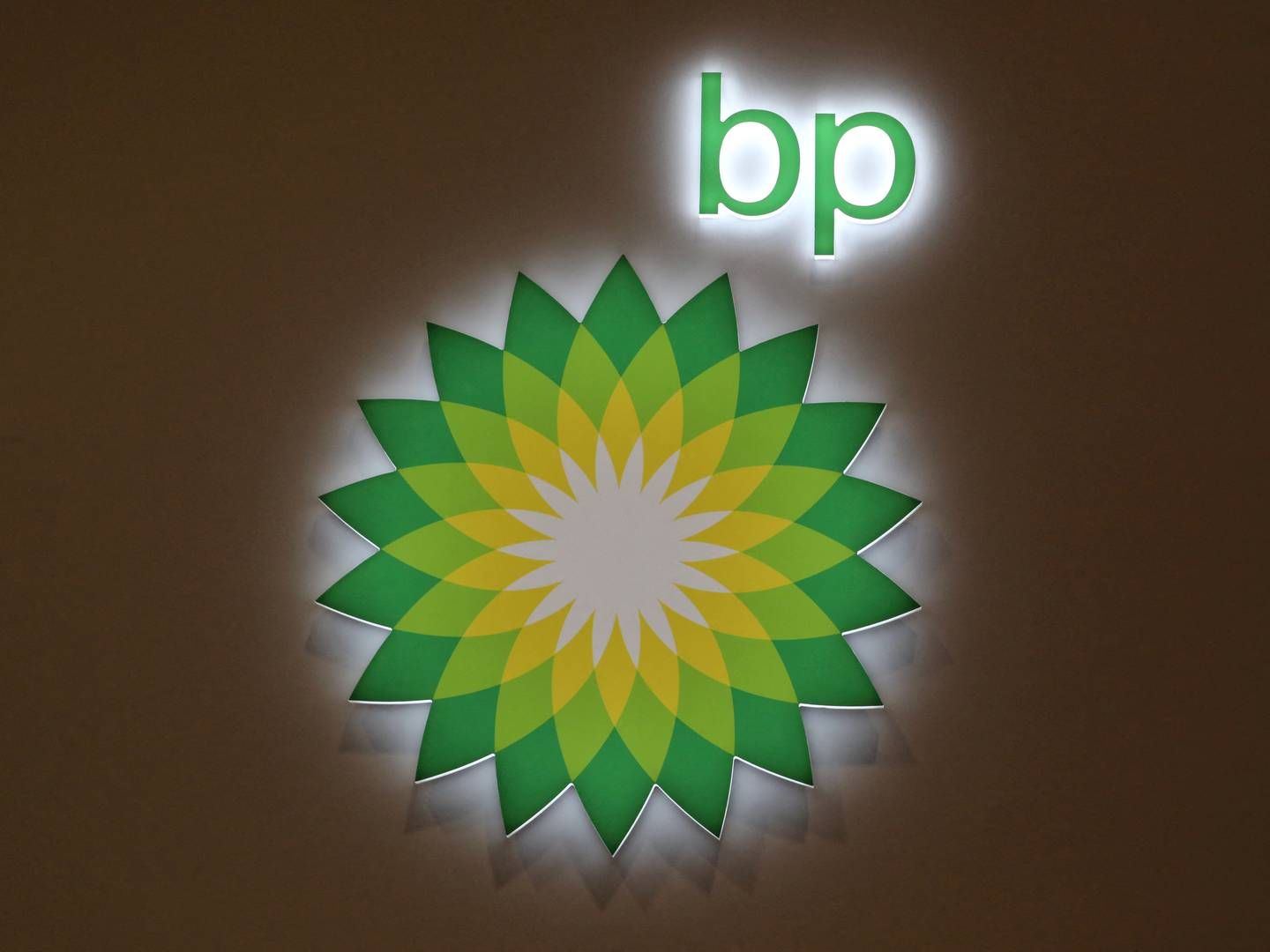





.jpg&w=384&q=75)


